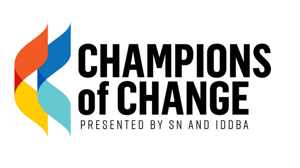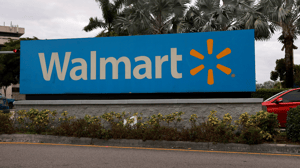Walmart, Target Update on Racial Equity Investments
Morehouse, Spelman and North Carolina A&T join Walmart's Live Better U education program. Walmart announces three new HBCU participants in its Live Better U education program and $3 million in education grants; Target highlights $5 million in equity grants in its hometown this year.

Walmart has announced three new Historically Black Colleges and Universities (HBCUs) as participants in the company's Live Better U education program and Target highlighted investments in not-for-profits in its hometown of Minneapolis as part of the respective retailers' latest updates on their work in support of racial equity.
Morehouse College and Spelman College in Atlanta and North Carolina A&T State University in Greensboro, N.C., are joining the slate of colleges and universities through which eligible Walmart Inc. employees can pursue their degree with tuition and books fully paid for by Walmart. Approximately 1.5 million full- and part-time U.S. Walmart and Sam's Club employees are eligible to participate in the Live Better U program, and last month Walmart EVP and Chief Sustainability Officer Kathleen McLaughlin said that around 3,500 employees have completed a course of study through the program since it launched in 2018. Nearly 10,000 associates have signed up as new participants since Walmart announced in July that it was removing a $1/day fee for tuition assistance.
"These new partners further demonstrate our commitment to create a path for associates to learn, grow and discover their career journey," Walmart SVP of learning and leadership Lorraine Stomski said in a statement. "As we work to become an even more diverse employer, what better way to fill the pipeline of future talent than with our own associates."
Over the summer, both Walmart and Target boosted their education benefits to cover 100% of tuition and books for eligible employees who participate. (Amazon followed suit in September.) Promoting equity of education opportunities and strengthening in-house talent pools by helping equip employees with skills needed for future roles are a focus for both retailers; so, too, is being as competitive as possible in a tight labor market.
Walmart has further pledged $3 million in grants to support strengthening post-secondary education access and resources for Black and African American students. One emphasis of the grants will be on connecting students with mentors and bolstering the paths for Black and African American students into careers in in-demand fields such as technology and health care. The Walmart.org Center for Racial Equity, founded in 2020, is providing the grants.
Minneapolis-based Target Corp. has invested more than $5 million this year in not-for-profits working in the Twin Cities "to address the systemic and structural barriers facing Black, Indigenous and People of Color communities." More than 70 local grantees have received Target hometown grants, Target noted in a blog post.
One recipient highlighted by Target, Hope Community, works to build and support affordable housing and mixed-income properties and create "an alternative to gentrification." Community gardens, transit equity and a series of community listening sessions also are part of Hope's work to create a healthy, engaged community. The organization "is about inviting people into powerful conversations about what matters to them — their hopes, their concerns, their vision," said Shannon Smith-Jones, the organization's executive director.
For Target, "we recognize that in order to help advance racial equity through systems change, how we do it matters," Target Foundation senior manager Raichel Brown said. "We are continually learning from partners like Hope Community and our more than 70 other local grantees and recognize that answers to the issues of society are within our community." Target, which in April announced a plan to spend more than $2 billion with Black-owned businesses by the end of 2025, launched its Racial Equity Action and Change (REACH) strategy in 2020.
Read more about:
WalmartAbout the Author
You May Also Like






